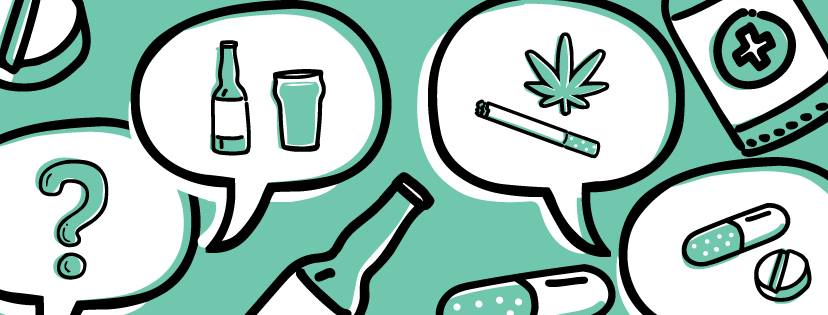A substance abuse counselor is a competent professional trained to offer alcohol and drug abuse counseling services to those seeking recovery from addiction. Interconnected with that of social and human services, these qualified professionals are equipped to handle the staggering numbers of people in need of help, many of whom have lost their way of life as a direct result of these addictions.
A lot is asked about the importance of counseling for drug addiction patients. For any patient recovering from long-term addiction problems, substance abuse counselors are an efficient support system. Drug addicts often suffer from low self-esteem, thus, making them vulnerable and prone to critical behavior.
Counselors forge a bond with their patients by making them realize factors that triggered drug abuse in the first place and the impact it has had on their lives. Drug abuse habits can exacerbate the financial conditions of affected families too. Counselors explain to patients how their continued tryst with drugs will not only cloud the future of their loved ones while already ruining their present but also ruin the present. READ: Types of Substance Abuse Counseling
Importance of Substance Abuse Counseling
Substance abuse counselor are trained in helping others to work through substance use problems. They help people to determine the root cause of e.g. addiction or behavioral issues and focus on healing. They can guide and direct people through a variety of situations and help them to focus on what really matters.
Substance abuse counseling may help those who are struggling in the world. The counsellor may help an addict or alcoholic to give up their drug of choice and their drinking in an effort to lead a normal life.
They may help guide the person through the difficult transition of going from addict to functional person in society. Not all addicts or alcoholics are bad, many have had serious issues in getting to where they are at and just need a bit of encouragement and help to make it back up to the top.
What happens in Addiction Treatment
If you have been referred to or have directly contacted your local drug service, in your first appointment you will be asked about your drug use. You will likely be asked about your work, family and housing situation, and may be asked for a urine/saliva sample. You’ll be told what your treatment options are and agree on a plan of action. Staff can give you more information on support groups for yourself and your family. You’ll also be given a keyworker who will support you during treatment.
Drug addiction treatment will differ depending on your circumstances but tends to include the following;
Talking therapies: Therapy can be offered in a group or individual setting and will be focused on teaching you new ways of coping with drug cravings whilst tackling any coexisting conditions or underlying causes. Cognitive behavioural therapy (CBT) is often recommended for those with an addiction as it helps you understand the relationship between your thoughts, feelings and behaviours better.
You may also be offered family or couples counselling. Often addictions impact those close to us and in many cases, it can be beneficial to work together towards recovery.
Medication: If you’re addicted to an opioid drug like heroin, you may be offered methadone – a substitute drug. This can help you continue your treatment without worrying about the effects of withdrawal. Your team will then help you come off methadone slowly.
Detoxification: For those wanting to come off of opioid drugs completely, the detoxification process in treatment helps you cope with withdrawal symptoms.
Self-help: Seeking support through support groups can be very helpful during addiction treatment. Talking to other people who understand how you’re feeling and those who can share their tips and experience can help you feel less isolated.
Reducing harm: Part of drug addiction is about reducing any harm caused by drug-taking. This may include testing and treatment for conditions like HIV, for example.
Treatment for drug addiction works best when you have support around you, both professional support and personal support. If you’re looking for professional support, you can use our search tool to find a counsellor near you.
What should I be looking for in a counsellor or psychotherapist?
Whilst there are no laws stipulating a required level of training for counsellors working with drug addiction, the National Institute for Health and Care Excellence (NICE) have put together some clinical guidelines outlining recommendations about psychological treatments, treatment with medicines and what kind of services help individuals with a drug addiction.





